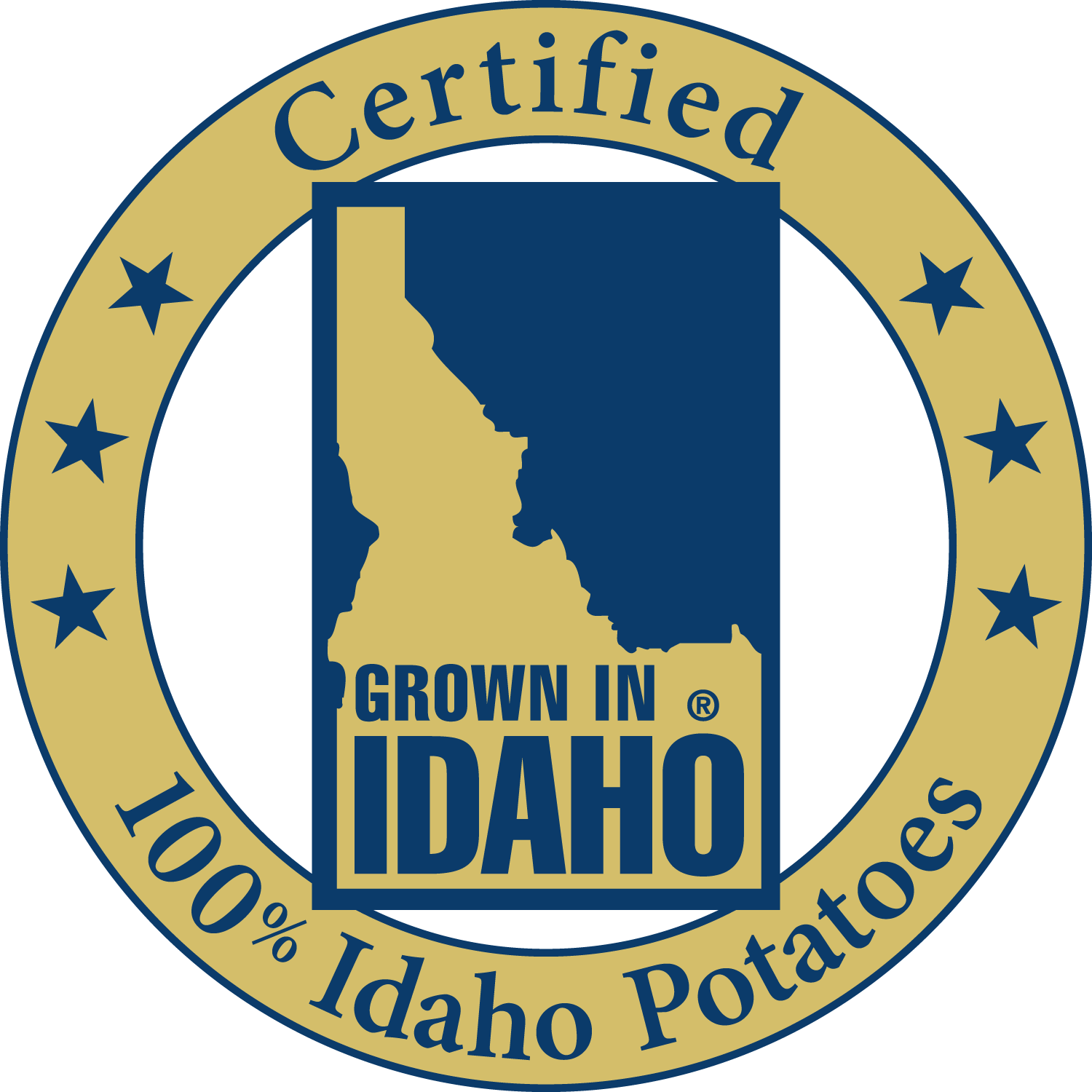Popular Tags
Ask Dr. Potato
With 938 posts, chances are there's already an answer to your question. Please try searching below before submitting a question to Dr. Potato. Use multiple words to help narrow down the results. For example, search for "potatoes" and "group" if looking for an answer on cooking potatoes for large groups.
Do I Need To Wash Fresh Cut Fries Prior To Blanching?
I operate 2 busy burger shacks. Fresh cut French fries are a major component of our business. We are not able to access city water services at either location, which necessitates our having to truck our water into each site. This being the case, we are very conscious of water consumption. We are very focused on correct blanching and finished cooking temperatures. We use only russet potatoes. We use only canola oil, which is filtered daily and replaced regularly. Our issue is the dark, unappetizing appearance of our finished product, only at the beginning of our season when we are receiving last year's potato crop. As soon as we make the transition to them new crop, our finished product is picture perfect. A beautiful golden colour. We do wash ALL potatoes prior to chipping even though they are identified as being pre-washed.
I am wondering if the fact that we do not rinse our fresh cut fries prior to blanching might be contributing to the dark, burnt appearance? We store our blanched fries in a walkin cooler, until they are needed for our line. Would sincerely appreciate any insight you can provide. Many thanks in advance for your assistance.
The transition from old crop to new crop often presents operators such as yourself with this very dilemma. The ratio of sugar and solids (starch) can vary appreciably. Two solutions during the transition period are:
- Blanch at a lower temperature (we suggest 25 degrees F lower than usual, at 325 F), but I’ve spoken to chefs who reduce this temperature down to 275 F and let the potatoes cook a little longer (times will vary).
- Rinse the cut potatoes, using very hot water. This will wash away some of the surface sugars, helping so the potatoes do not caramelize too quickly on the outside surface, while still cooking the potato within.
Share This

Dr. Potato isn't a real doctor but a team of potato experts ready to answer all your potato questions.
Click here to submit »
Dr. Potato Categories
The Idaho Potato Commission
Established in 1937, the Idaho Potato Commission (IPC) is a state agency that is responsible for promoting and protecting the famous "Grown in Idaho®" seal, a federally registered trademark that assures consumers they are purchasing genuine, top-quality Idaho® potatoes. Idaho's ideal growing conditions, including rich, volcanic soil, climate and irrigation differentiate Idaho® potatoes from potatoes grown in other states.
Contact
661 South Rivershore Lane
Suite 230
EAGLE, ID 83616
Phone: 208-334-2350
Fax: 208-334-2274
More

